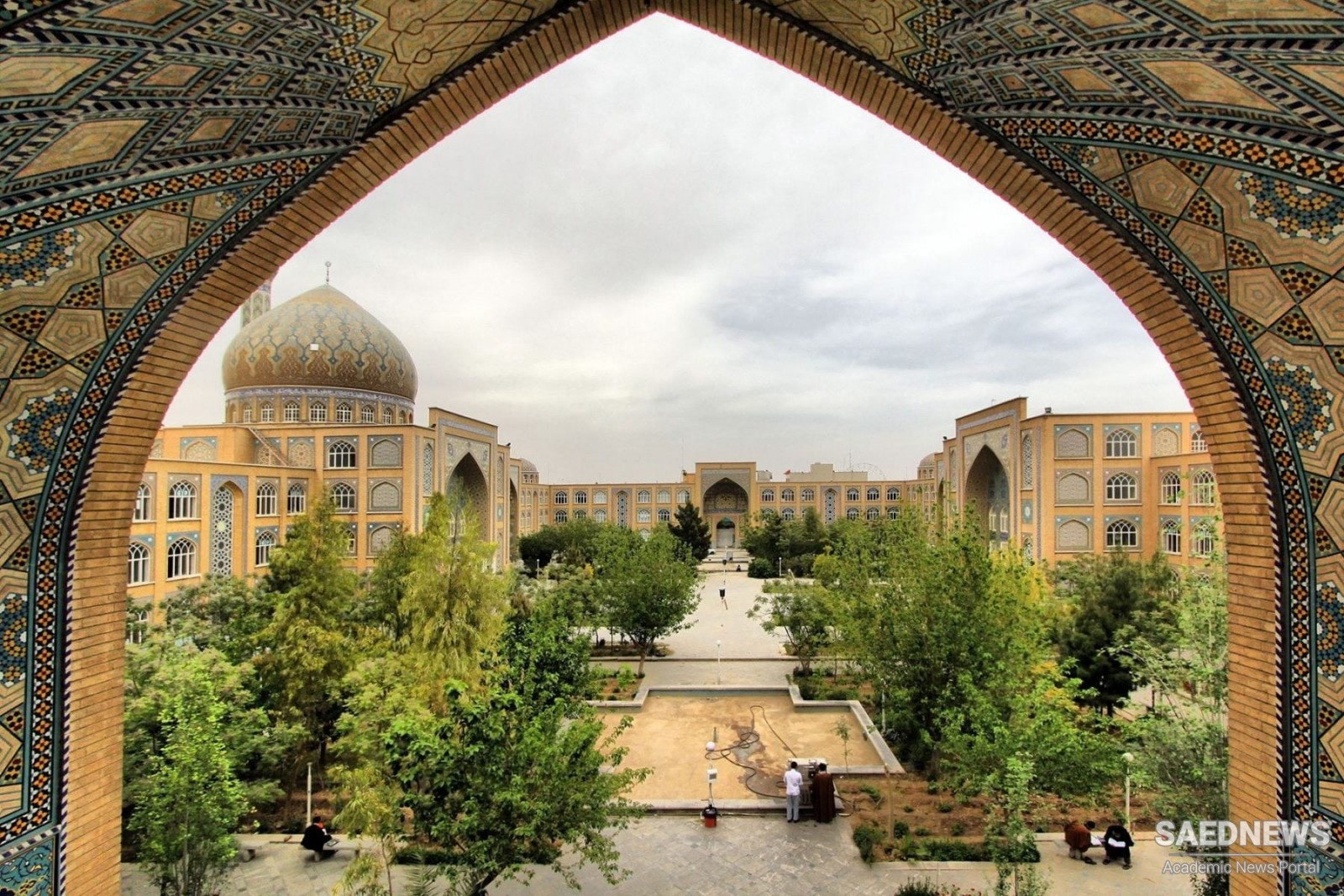Imam Khomeini, "Islamic Government: Guardianship of the Jurist": "The principle: “The fuqahā (Jurists) are the trustees of the prophets” means that all of the tasks entrusted to the prophets must also be fulfilled by the just fuqahā as a matter of duty. Justice, it is true; is a more comprehensive concept than trustworthiness and it is possible that someone may be trustworthy with respect to financial affairs, but not just in a more general sense. However, those designated in the principle: “The fuqahā are the trustees of the prophets” are those who do not fail to observe any ordinances of the law, and who are pure and unsullied, as is implied by the conditional statement: “as long as they do not concern themselves with the illicit desires, pleasures, and wealth of this world” that is, as long as they do not sink into the morass of worldly ambition. If a faqīh has as his aim the accumulation of worldly wealth, he is longer just and cannot be the trustee of the Most Noble Messenger and the executor of the ordinances of Islam. It is only the just fuqahā who may correctly implement the ordinances of Islam and firmly establish its institutions, executing the penal provisions of Islamic law and preserving the boundaries and territorial integrity of the Islamic homeland. In short, implementation of all laws relating to government devolves upon the fuqahā: the collection of khums, zakāt, sadaqah, jizyah, and kharāj and the expenditure of the money thus collected in accordance with the public interest; the implementation of the penal provisions of the law and the enactment of retribution (which must take place under the direct supervision of the ruler, failing which the next-of-kin of the murdered person has no authority to act); the guarding of the frontiers; and the securing of public order."



 Guardianship of the Jurist: Integration of Reason and Revelation
Guardianship of the Jurist: Integration of Reason and Revelation














































